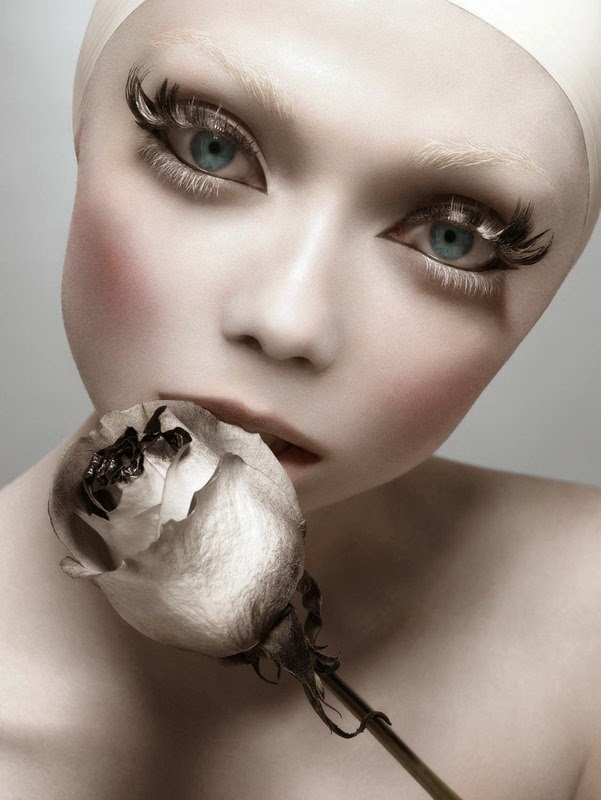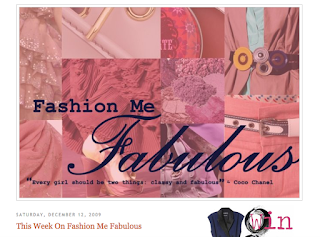Book Review: Balenciaga
 Book: Balenciaga by Lesley Ellis Miller
Book: Balenciaga by Lesley Ellis MillerPros: I admit to knowing virtually nothing about Cristobal Balenciaga before reading this book. Now I better understand his influences and his aesthetic.
Miller made Balenciaga's Spanish influence abundantly clear.
Gorgeous photographs. I especially loved the old paintings that contextualized his influences.

Cons: If you know nothing about Christian Dior, this book will lose you. As Balenciaga's most famous contemporary, their work is compared at length.
There's no criticism. It's a full on love fest that will shut you out in the cold if you don't think Balenciaga's the best thing to ever walk the earth.
The author assumes the reader knows a great deal of fashion terminology. If the terms 3/4 length sleeve, sack back, and box pleat are alien, this is not for you.
I wish the chapter on the current house was bigger. I'd also like some speculation on what "the master" would have thought of the oh so trendy shoes his name is being attached to.

Favorite tidbits:
 If he was unsatisfied with his work, Balenciaga would literally tear it apart.
If he was unsatisfied with his work, Balenciaga would literally tear it apart.The designer had a fondness for polka dots and also loved experimenting with new fabrics.
During his career, Balenciaga never made a ready-to-wear collection.
Export taxes made a Balenciaga gown made in Spain virtually half the price of one made in Paris.
Early in his career as a tailor, Balenciaga made ecclesiastical garb. As a cap before retirement, he designed the stewardess uniforms for Air France.
By insisting on debuting their latest collections a month after the rest of Paris, Balenciaga and Givenchy ensured themselves of extra press.
Read this book after reading and Anita Blake: Vampire Hunter novel. Then you too can giggle whenever they refer to Balenciaga as "the master."
evening dress from the Metropolitan Musuem of Art collection



Comments